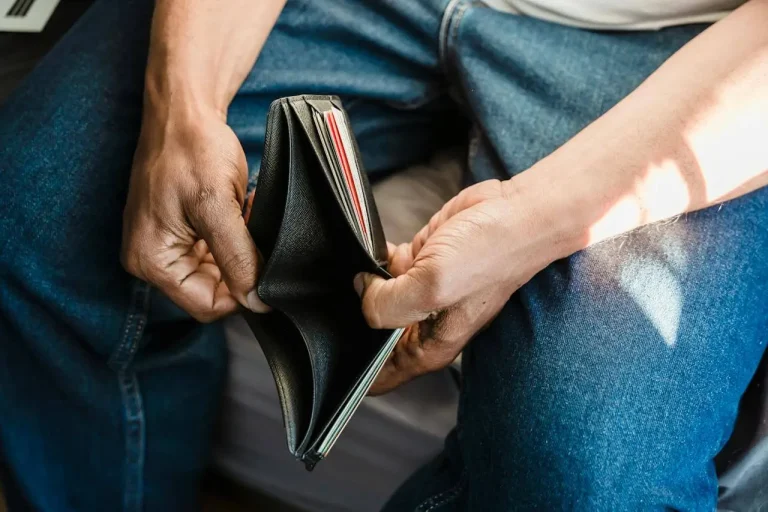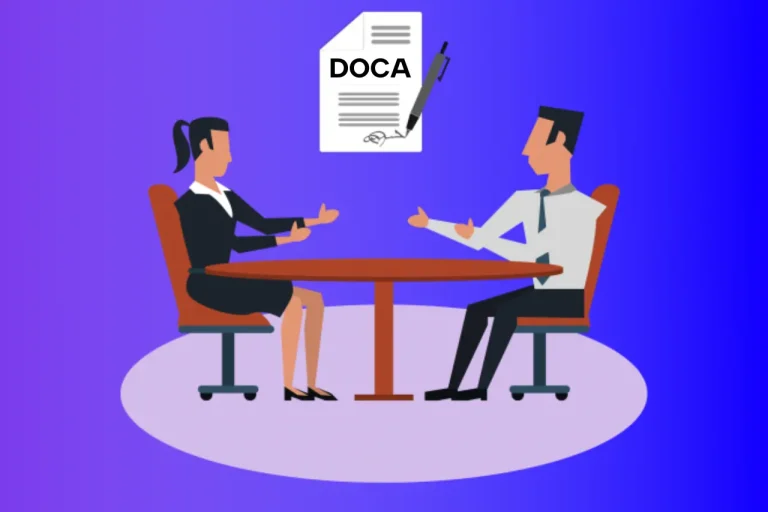Can Someone Else Accept Served Papers?

When it comes to legal proceedings, keeping some things private is crucial, especially after filing a lawsuit, then delivering a copy of the lawsuit is essential to the other party, so a common query asked by our users is whether can someone else accept served papers.
Honestly, we say yes, but it depends on some conditions or factors, if the professional process server isn’t able to find the intended recipient, then he can give served papers to:
- The individual (relative) should be 18 years old but he or she should not be from the opposite party.
- A friend, coworker, legal guardian, and any responsible adult.
It also depends on specific rules and regulations like which type of paper they are and the type of the case. In short, serving legal documents like court summons, subpoenas, complaints, or other legal notices is necessary to proceed with the case.
Hence, you must stay with us to know who are professional process servers, who can accept served papers, and click here if you want to learn 10 acceptable reasons for late rent payment.
Who are Professional Process Servers & Their Duties?
A professional process server is someone or a company you bring on board to deliver papers and notices, like legal documents, to people or groups tangled up in a legal matter. They could be working for a law firm, a government office, or even an individual.
Their job is to hand over different court papers in a way that’s smooth, fitting, and totally within the law. This makes sure that the whole legal process is fair, guaranteeing that the person being served is properly informed about the legal moves being made against them.
Here are some documents they generally deliver:
They use several means of communication like phone calls, messages, emails, and others to deliver the documents to the target.
Can Someone Else Accept Served Papers? In Detail
Family Members
In the context of legal matters, the dynamics within a family assume considerable significance. Ordinarily, adult family members cohabiting at the same address have the privilege of accepting legal documents on behalf of their kin.
This practice ensures that, even if the targeted recipient is unavailable, the documents find their way to a close and reliable contact within the family circle. Think of it as having a backup plan to guarantee that the message reaches its intended destination.
Cohabitants
Roommates find themselves in a unique position where they can act as messengers for each other in legal matters. As long as they are adults sharing the same living space, they are recognized as dependable intermediaries to receive and pass on crucial legal documents.
This approach acknowledges the practicalities of contemporary living arrangements, recognizing roommates as the next best point of contact when the intended recipient is not personally reachable.
Coworkers
The workplace can also become a setting for the delivery of legal papers. Under certain circumstances, coworkers may step in to accept documents on behalf of an individual, especially if other personal service methods have proven unsuccessful.
This scenario typically unfolds discreetly, respecting the sensitivity of receiving legal documents within a professional environment.
Legal Guardians
Legal guardians are included in the answer to this question of whether can someone else accept served papers. They have the authority to receive documents on behalf of those under their care, such as minors under guardianship.
This role is crucial in ensuring that individuals unable to represent themselves still have their legal rights safeguarded through proper notification.
Authorized Agents
Lastly, authorized agents—individuals specifically designated to accept legal papers on someone’s behalf—play a pivotal role. These agents could be employees, attorneys, or individuals providing registered agent services.
Having an authorized agent is akin to having a personalized mailbox for legal matters; it ensures that a responsible party is always available to receive crucial documentation.
How do Process Servers Prove the Service of the Process?
All jurisdictions have different rules and regulations, but here we’re gonna discuss some general rules on how process servers prove service of process.
Here are four forms that can prove as proof in process serving:
Certificate of Service
On numerous occasions, process servers find themselves tasked with completing and signing service certificates. These official documents meticulously outline the method by which papers were served and specify the individuals to whom they were presented
Return of Service
When a process server submits a return of service to the court or requesting party, they are affirming the proper delivery. This document typically includes the time, date, and location, along with personal information about the individual served.
Affidavit of Service
The affidavit of service, signed by the process server, is a sworn statement confirming the proper and accurate service of required documents to the designated party. Frequently notarized, this document is signed under penalty of perjury.
Acknowledgment of Personal Service
In contrast to other paperwork, this form is completed by the recipients themselves. Usually necessitating a signature, the acknowledgment verifies that the individual has received documents from a process server.
What If a Professional Process Service Can’t Locate the Target?
If a professional process server cannot locate the intended recipient of legal documents, it introduces a challenging scenario in the legal process.
Here’s how this situation is typically handled:
It’s necessary to keep in mind that rules and laws may vary from jurisdiction to jurisdiction.
Consequences of Ignoring the Court Papers
If you happen to receive court papers, it’s super important not to brush them off. Ignoring them could lead to some pretty hefty consequences. You might end up facing fines, default judgments, or even warrants.
Not to mention, your credit, job, and reputation could take a hit. The court might go as far as seizing your assets or messing with your paycheck to make sure you comply. So, never try to ignore court orders.
FAQs: Can Someone Else Accept Served Papers?
Conclusion: Can Someone Else Accept Served Papers?
In the guide, can someone else accept served papers? We’ve shared complete knowledge about it that family members, coworkers, legal guardians, and others are able to receive served papers and their related queries like who are professional process servers, ignoring consequences of court orders, and others.
Following that, if you have any questions, don’t hesitate to get in touch with us via the comment box.






